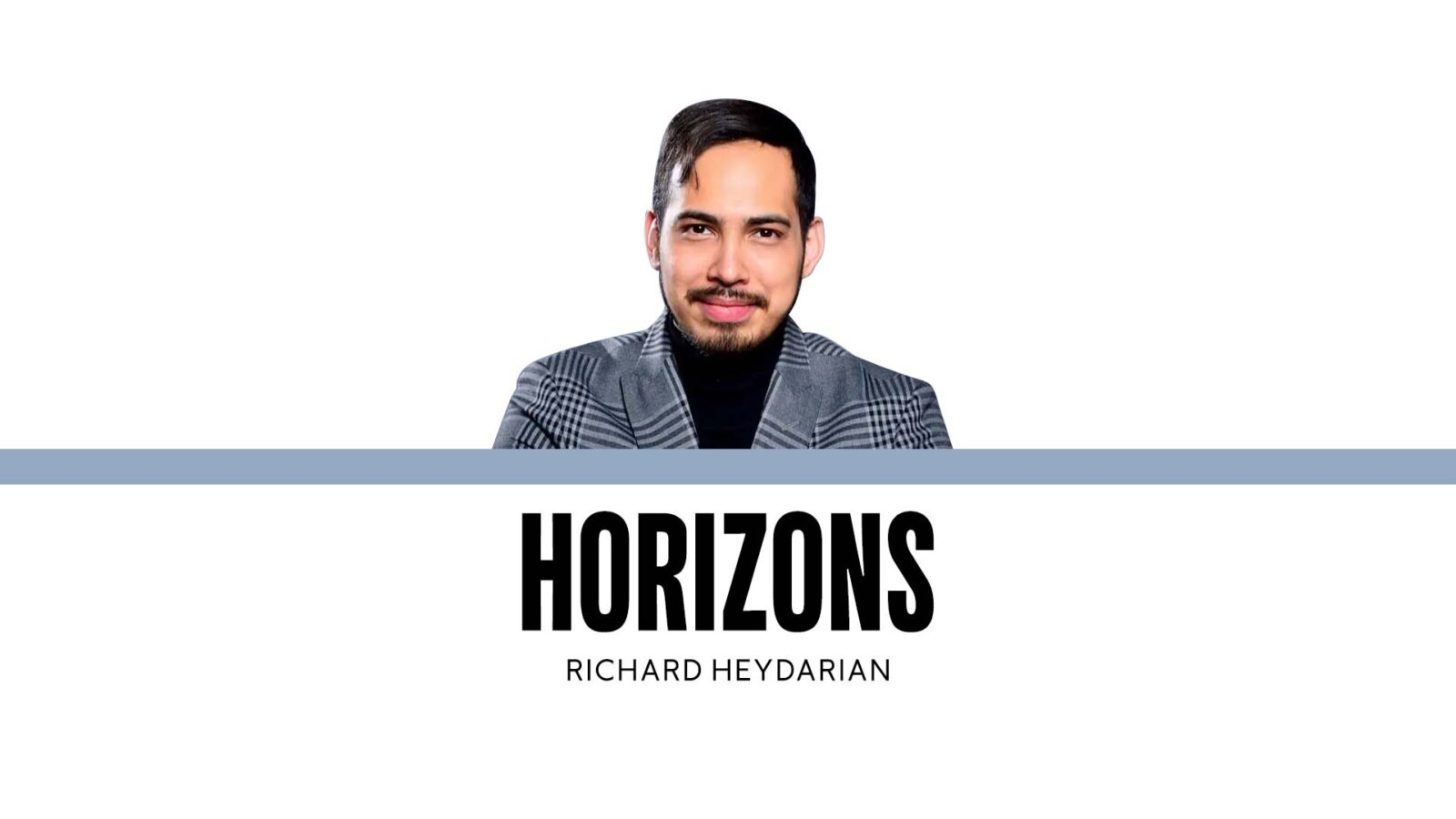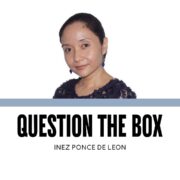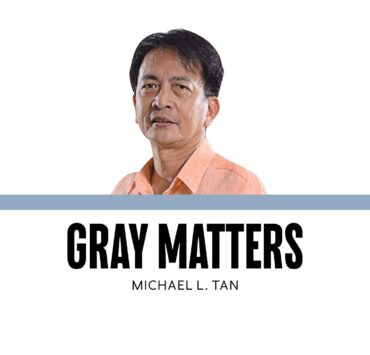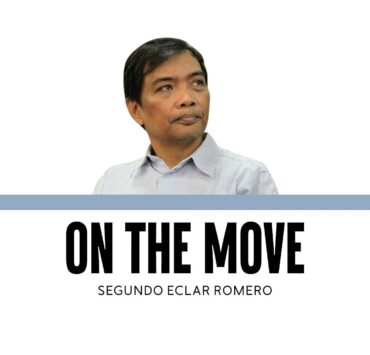‘Kung walang mahirap, walang corrupt?’

Philippine political discourse in the past decade has been dominated by three competing narratives. On one hand, there are the zealots of “political will,” namely those who believe that all we need to solve the complex problems of a 100-million-strong nation in the 21st century is a ”strongman.” The appeal of this mystical ideology is uncanny: no need to understand the root causes of societal problems—just blame it all on deracinated liberals and feckless technocrats, who have failed to positively transform our nation since the return of democracy after decades of failed dictatorship.
The ”strongman syndrome,” however, has an even deeper attraction, namely what philosophers, such as Hannah Arendt, described as the ”will to obedience.” Instead of critically thinking for oneself and painstakingly advocating for long-term reforms, just submit to a secular savior. A consummate politician with a visceral understanding of human nature, former President Rodrigo Duterte was the perfect candidate for this narrative of “political will.” By promising to magically solve all major problems, Duterte managed to captivate the imagination of millions of folks desperate for change.
In response to the predictable failures and catastrophes of Dutertismo, a second narrative gained momentum. Unwilling to accept the overwhelming rejection of Philippine liberalism, a significant section of pro-reform thought leaders pushed for the quasi-elitist “bobotante” narrative, except this time with a twist. Instead of reflecting on the shortcomings of several reformist-liberal administrations, or resorting to the traditional elitist sneer against proletariat voters, they enthusiastically emphasized how “disinformation” is the primary reason behind the ascent of authoritarian populism.
For them, Dutertismo was “trouble in paradise” instead of an organic reflection of mass discontent with liberal politics. According to this narrative, too many folks were supposedly fooled by bots and algorithms to appreciate the fruits of liberal democracy. All we need to do, therefore, is simply fight disinformation—and the rest will follow. In response to the obvious deficiencies of both ”it’s all disinformation” and ”it’s all political will” schools of thought, a third alternative has emerged in recent years. In contrast to the authoritarianism of Dutertismo and the elitist moralism of its direct competitor, civil society leaders, such as Cardinal Virgilio David, have espoused a more compassionate and humanist perspective that acknowledges both the fundamental dignity and political agency of all voters as well as the centrality of the rule of law.
Interestingly, however, what all three narratives have in common is a shared revulsion at the evil of corruption. In fact, one of the continuities between former President Benigno Aquino III’s “daang matuwid” and Duterte’s “not even a whiff of corruption” political narratives was their supposedly zero-tolerance policy toward corruption. The third narrative, meanwhile, is more politically aspirational, since it has yet to put a truly progressive candidate in Malacañang. What all three narratives also have in common is the presupposition that much of the ills of our society stem from the corrupt nature of our ruling class—and their manipulation of the broader masses.
A careful examination of public policy evidence, however, provides a more nuanced picture, whereby the relationship between corruption and national development is arguably the opposite. A cursory look at the global Corruption Perception Index, for instance, shows that the richest countries, regardless of divergent culture or political systems, tend to have the lowest corruption rates. Meanwhile, the Philippines has almost an identical CPI score with Thailand, Turkiye, and Brazil, which have almost twice our per capita income levels and remarkably more diversified and industrialized economic bases.
Longitudinally, many of today’s most advanced societies used to be just as corrupt as the Philippines when they were at our level of development. Think, for instance, of the French Third Republic, when it had almost the same per capita income as the contemporary Philippines. Logically, therefore, corruption seems to be more of an effect rather than a causal factor here. What cutting-edge economic development literature shows is two-fold: (i) higher levels of economic development create pro-reform constituencies and institutional reforms that reduce corruption; and (ii) similarly corrupt nations can have divergent developmental levels due to the differences in their economic policies and state capacity.
Corruption is evil, but it’s more of a structural effect of decades of bad economic policies, weak state institutions, and suboptimal political literacy. Aside from holding corrupt officials accountable, our priority should be civic education, smart economic policies, and overall creation of equitable prosperity and democratic mobilization, which would make vote-buying, electoral manipulation, and graft in government more prohibitive.
—————-
richard.heydarian@inquirer.net




















